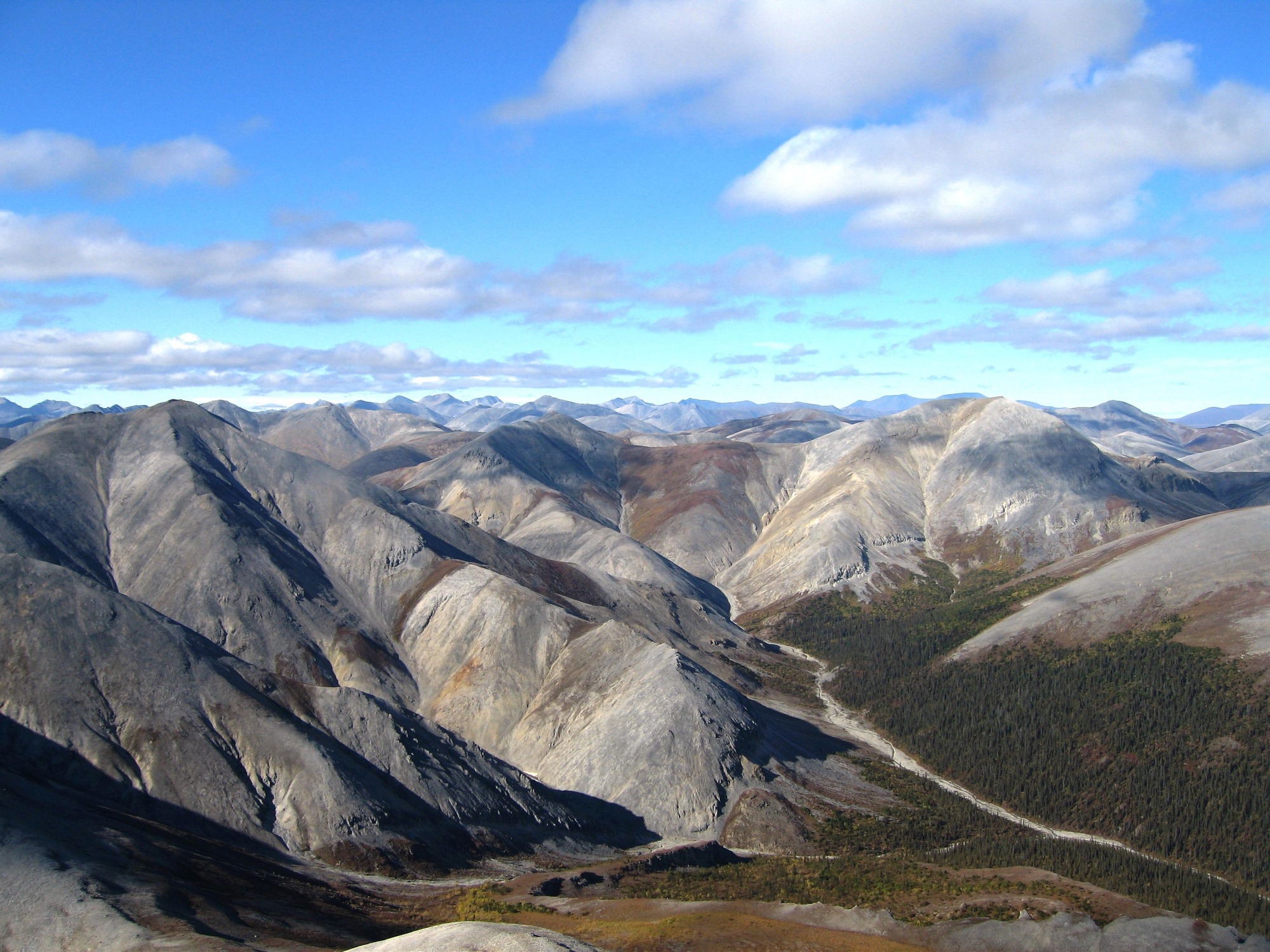Plate Tectonics
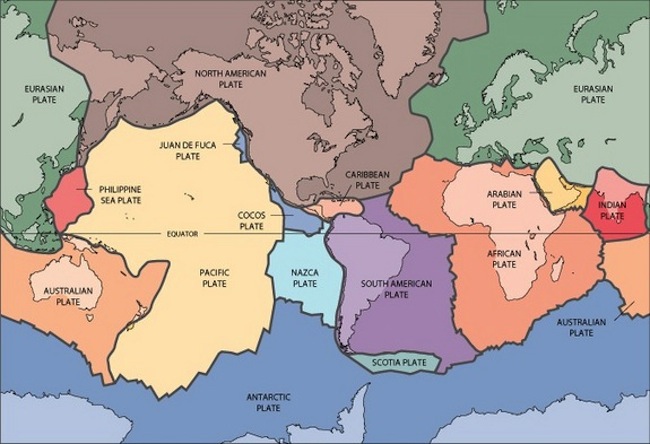
Plate tectonics is relatively new, put forth in the last 30 years or so — its forerunner was the now-discarded continental drift theory. The theory states that Earth's outer shell is made up of huge slabs of rock called plates that glide over the planet's inner layer, or mantle. As these plates shift, they sometimes collide with other plates, making for some interesting, and even deadly, results on Earth's surface, from erupting volcanoes, to earthquakes, to new mountain ranges. Here's a look at Live Science's news and features related to this constantly moving jigsaw puzzle.
Latest about plate tectonics
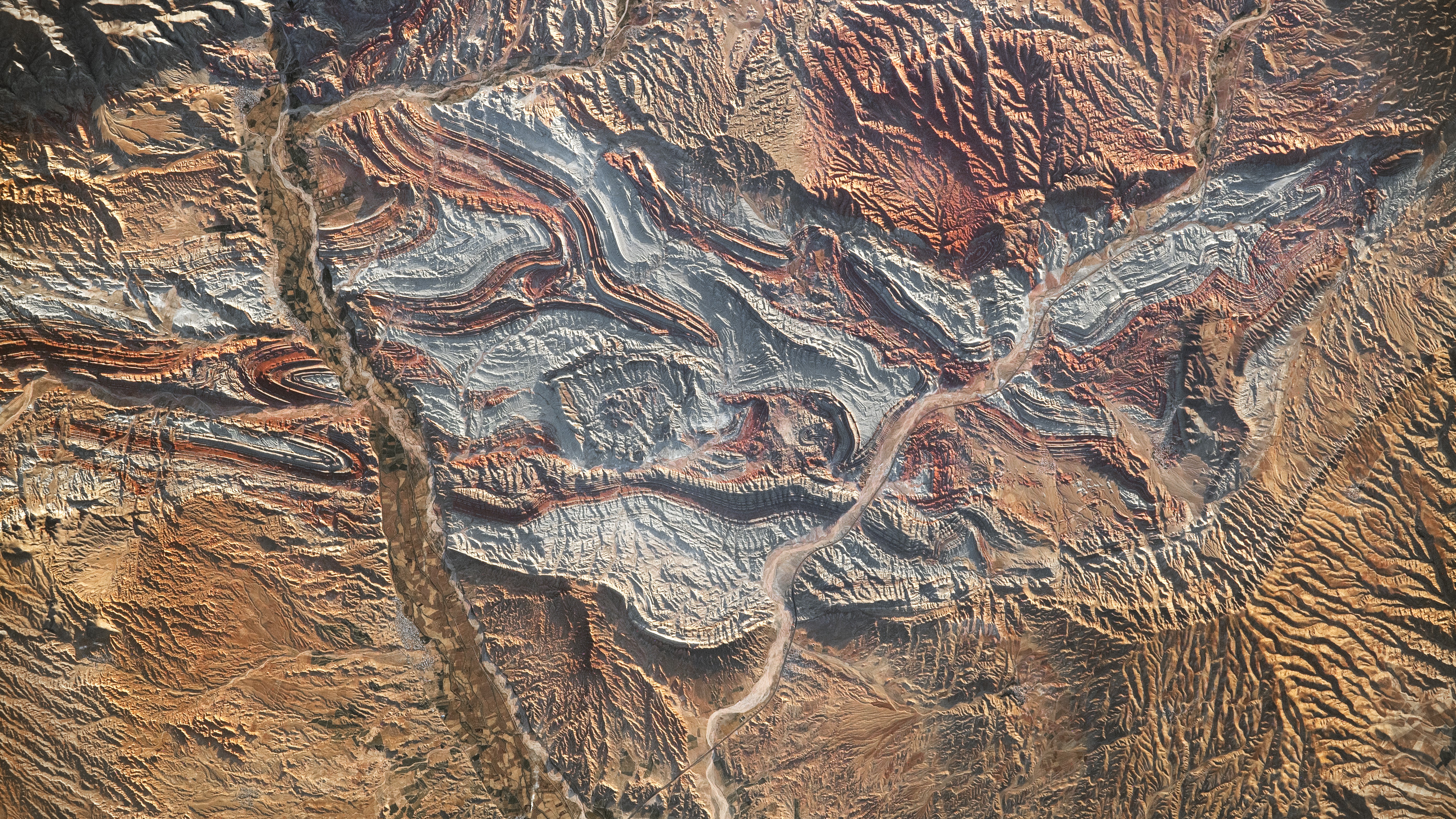
Iran's folded rocks: The crumpled mountains at the intersection of Asia and Europe
By Sascha Pare published
Iran's folded rocks are a colorful formation that is part of the Greater Caucasus mountains, which formed when the Eurasian tectonic plate collided with the Arabian plate millions of years ago.
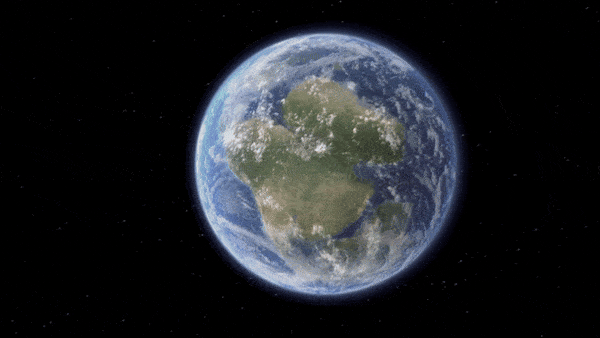
Massive magma eruptions may have ripped Africa and South America apart
By Stephanie Pappas published
Huge outpourings of magma accompanied the split between South America and Africa 135 million years ago.
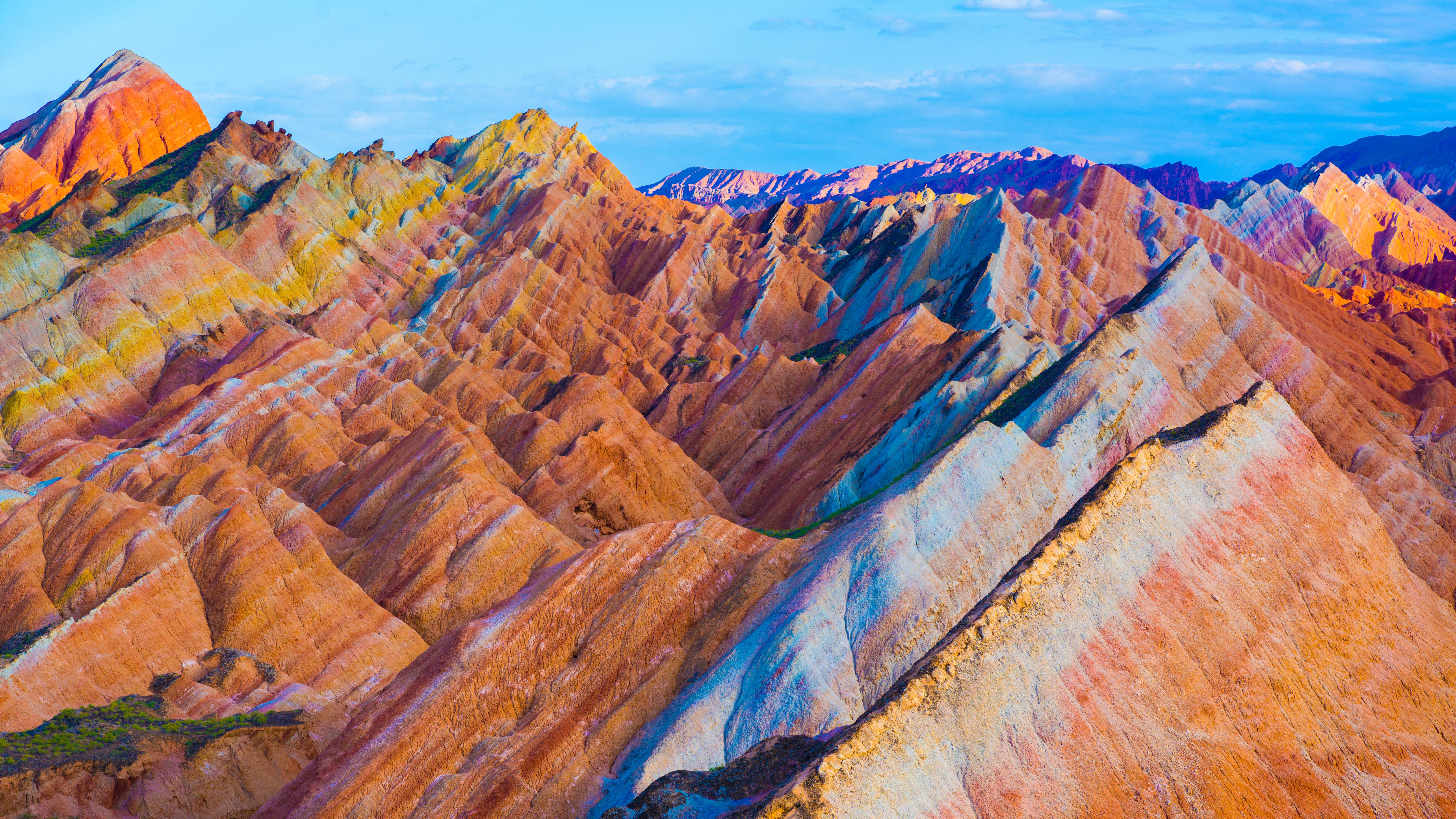
Rainbow Mountains: China's psychedelic landscape created when 2 tectonic plates collided
By Sascha Pare published
The colorful swirls and stripes that characterize China's Rainbow Mountains would have remained hidden without the epic tectonic collision that created the Himalayas.
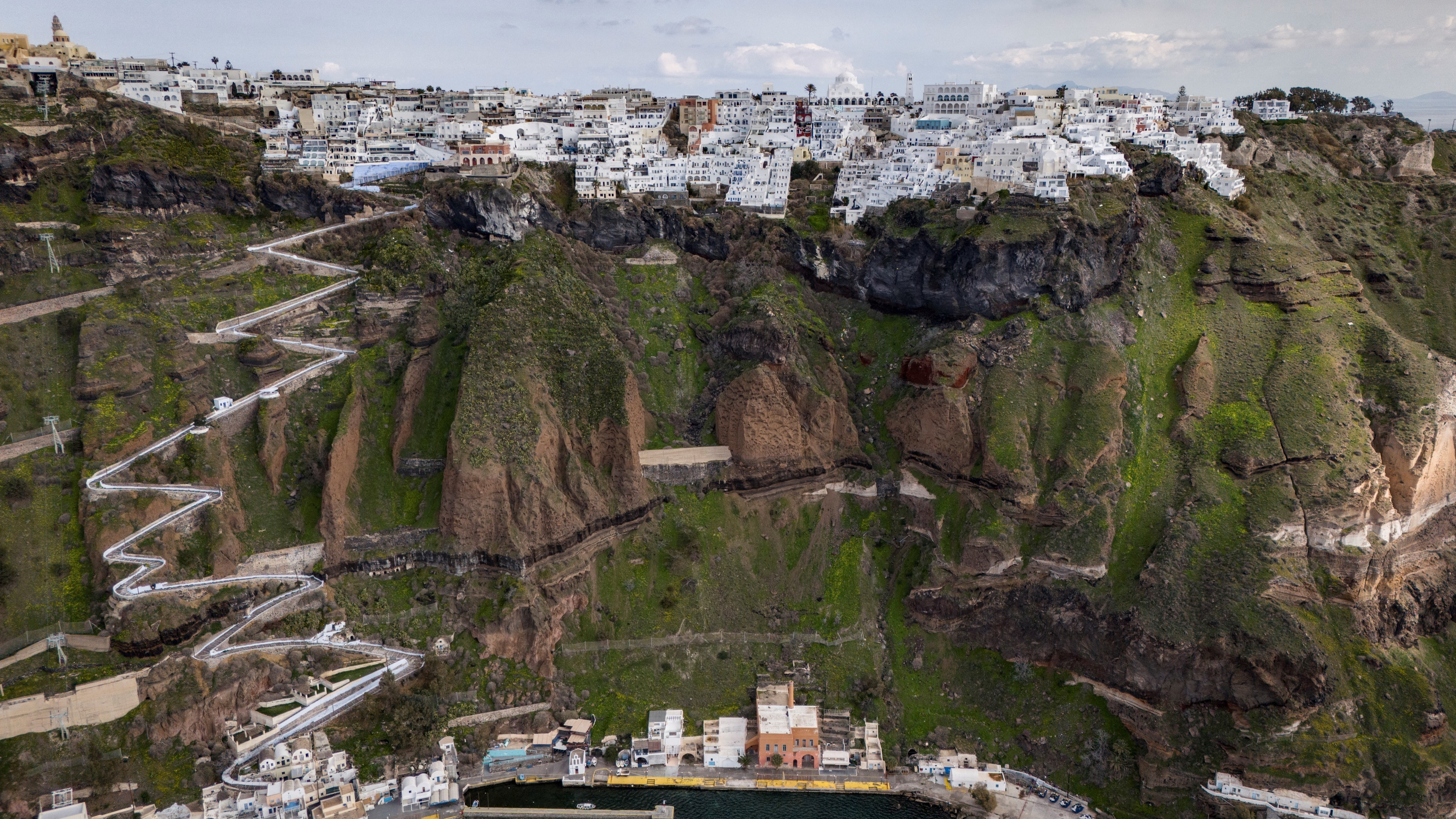
'We've just seen earthquake after earthquake after earthquake': Santorini earthquake swarm intensifies but likely won't trigger volcano
By Patrick Pester published
Santorini's earthquakes are intensifying as a rare earthquake swarm continues to rattle the Mediterranean's Aegean Sea. The earthquakes are probably caused by faults rather than volcanic activity.
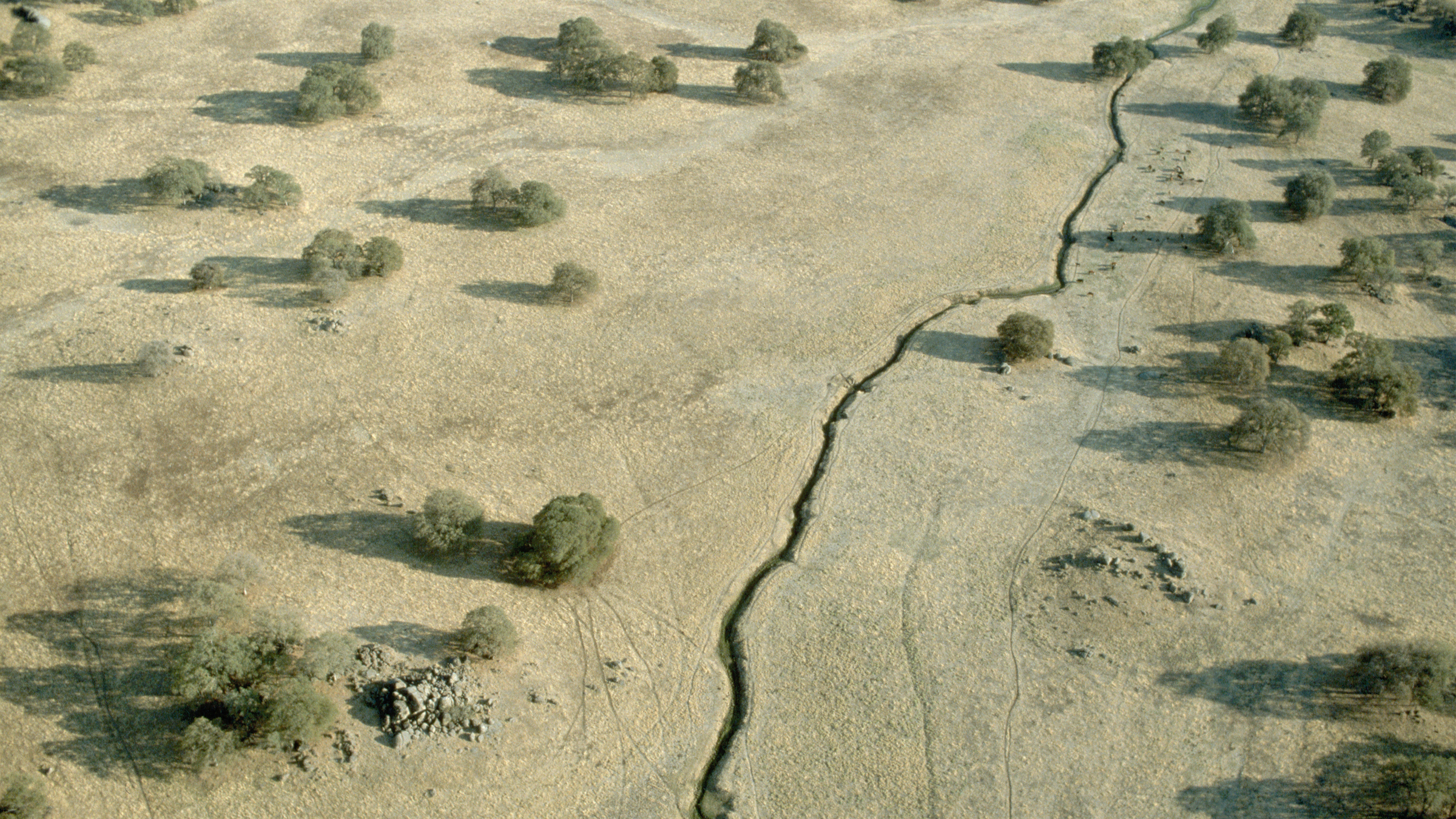
Is Earth the only planet in the solar system with plate tectonics?
By Skyler Ware published
Plate tectonics give Earth its mountains, earthquakes, continental drift and maybe even helped give rise to life itself. But do other planets in the solar system have them too?
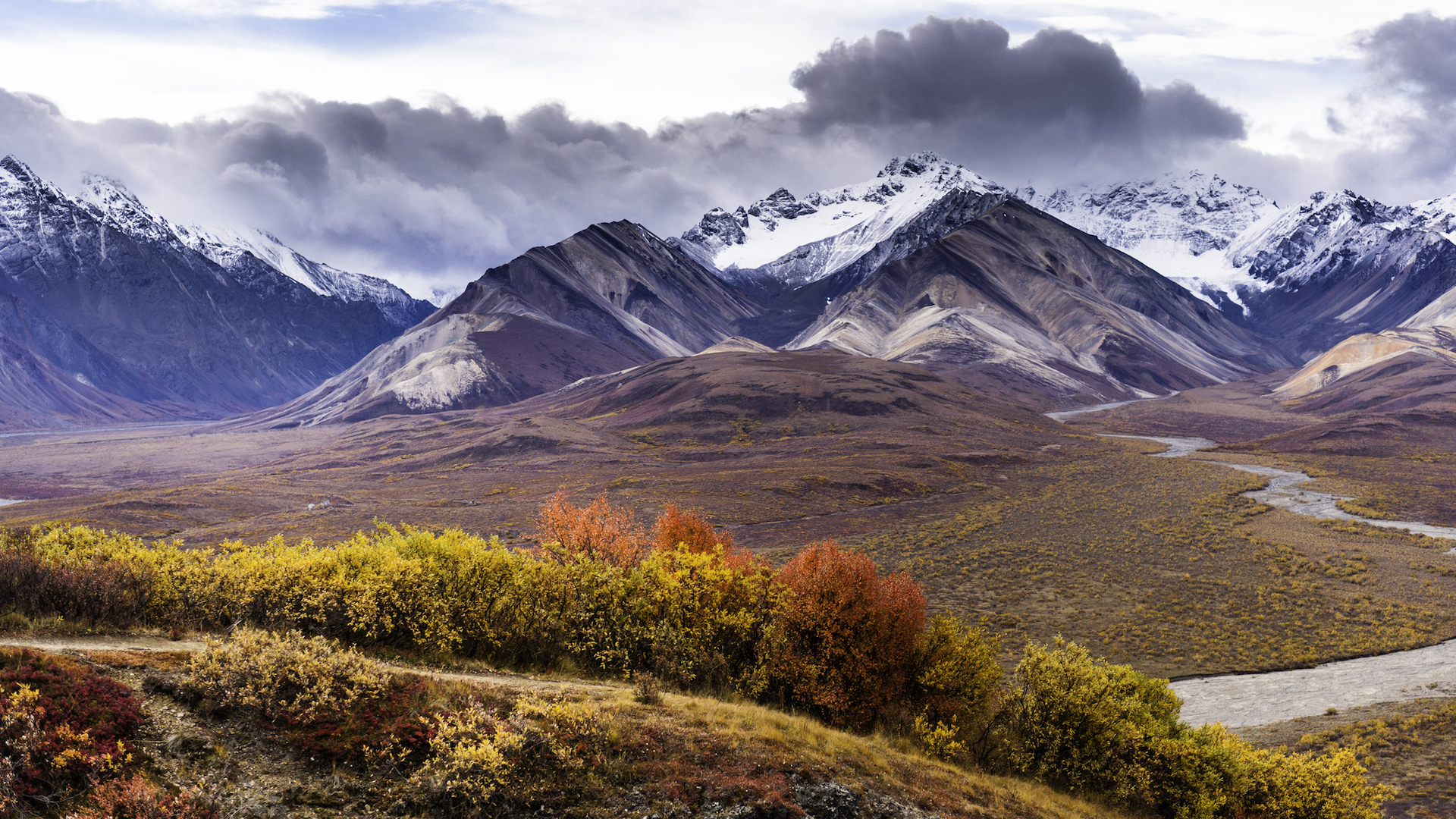
There's a massive fault hidden under America's highest mountain — and we finally know how it formed
By Stephanie Pappas published
Today, the Denali Fault rips apart some of the North American plate, but it was once a place where tectonic plates came together.
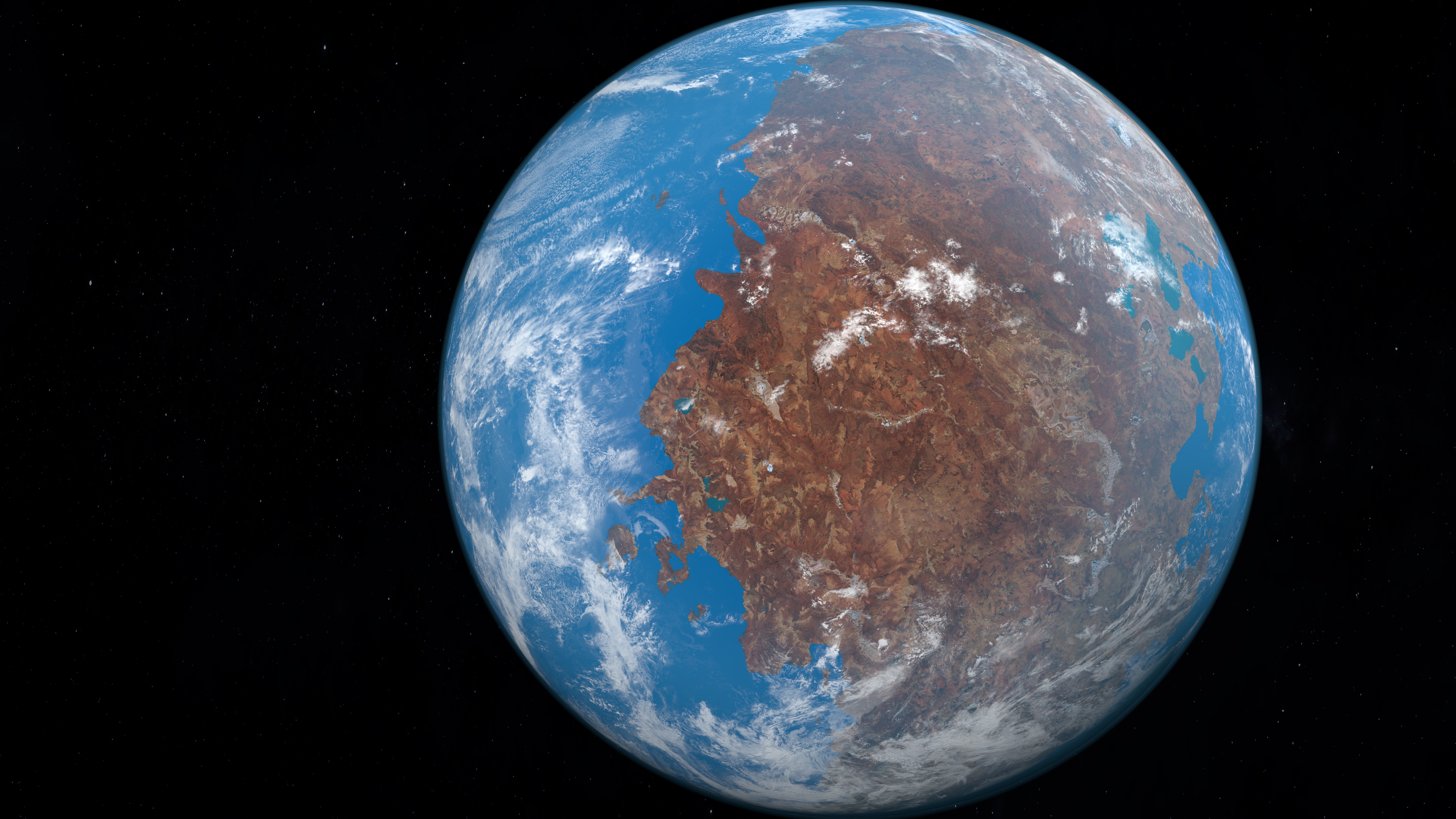
Pangaea: Discover facts about Earth's ancient supercontinent
By Laura Geggel, Tia Ghose last updated
Pangaea is Earth's most recent supercontinent, which existed 320 million to 195 million years ago.
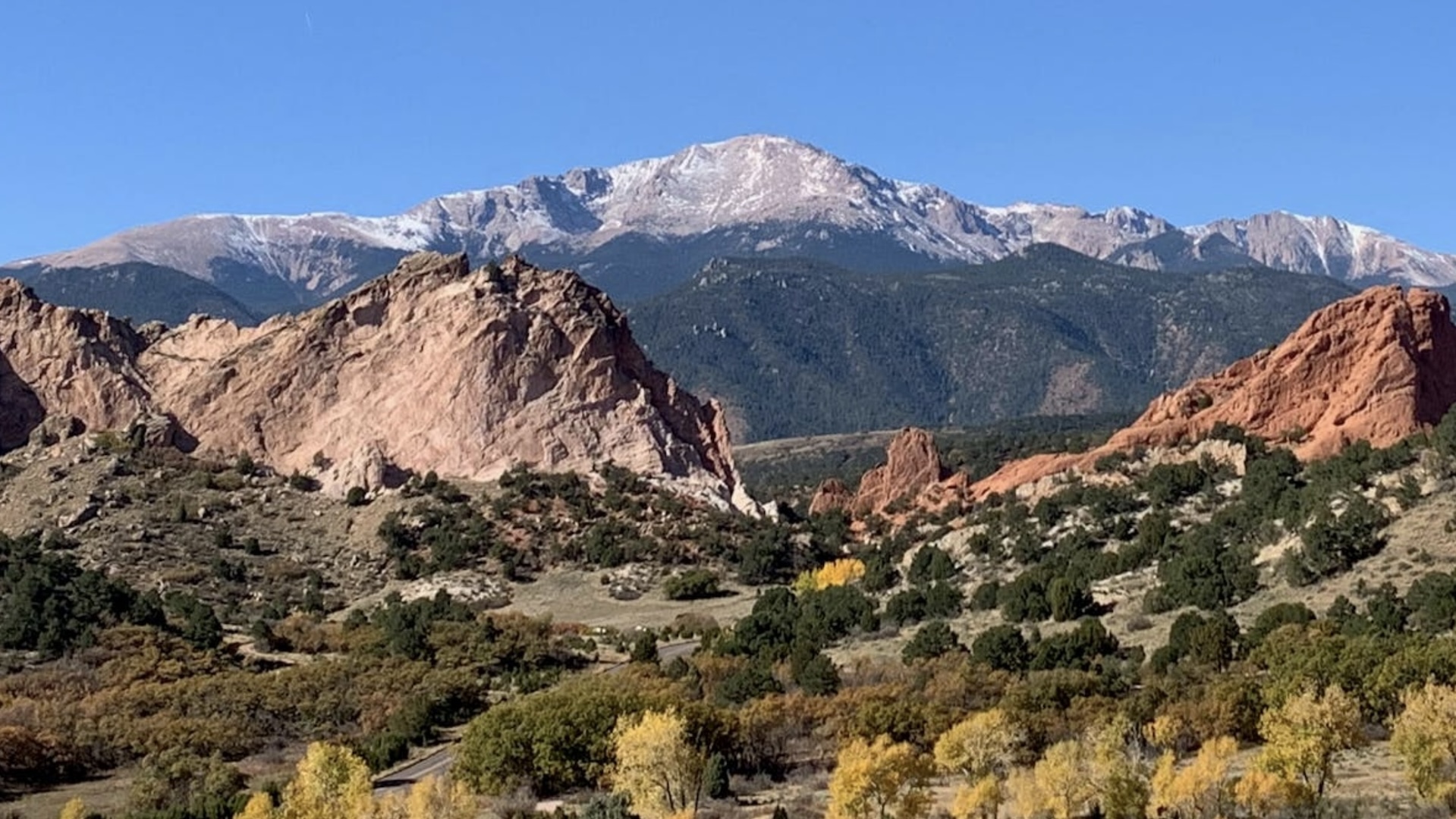
'Missing link' found in ancient rocks of Colorado show that Snowball Earth really happened
By Liam Courtney-Davies, Christine Siddoway, Rebecca Flowers published
Geologists found evidence in the way enigmatic sandstones called Tava formed in the Rocky Mountains hundreds of millions of years ago.
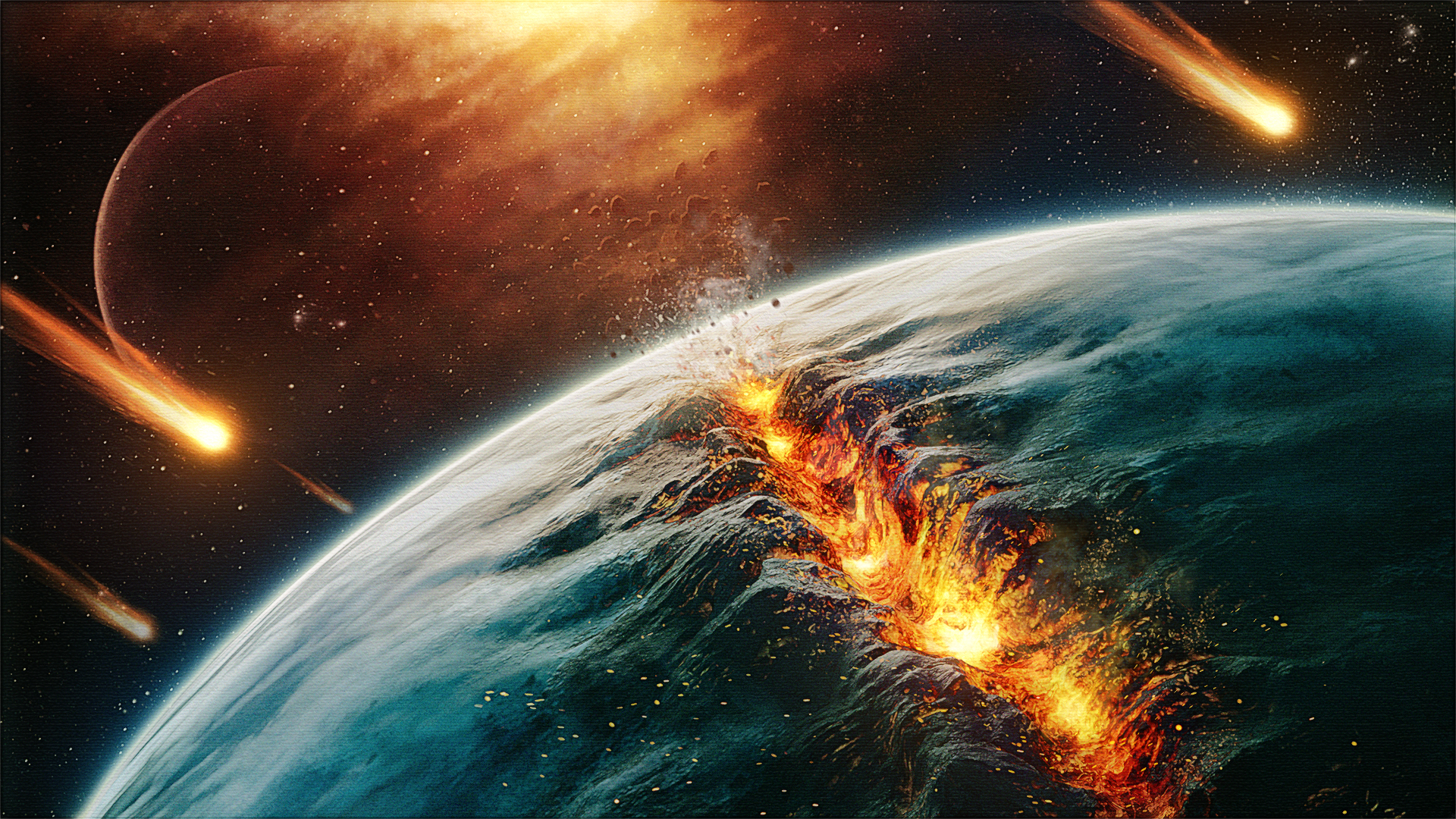
Did plate tectonics give rise to life? Groundbreaking new research could crack Earth's deepest mystery.
By Stephanie Pappas published
Emerging evidence suggests that plate tectonics, or the recycling of Earth's crust, may have begun much earlier than previously thought — and may be a big reason that our planet harbors life.
Sign up for the Live Science daily newsletter now
Get the world’s most fascinating discoveries delivered straight to your inbox.
